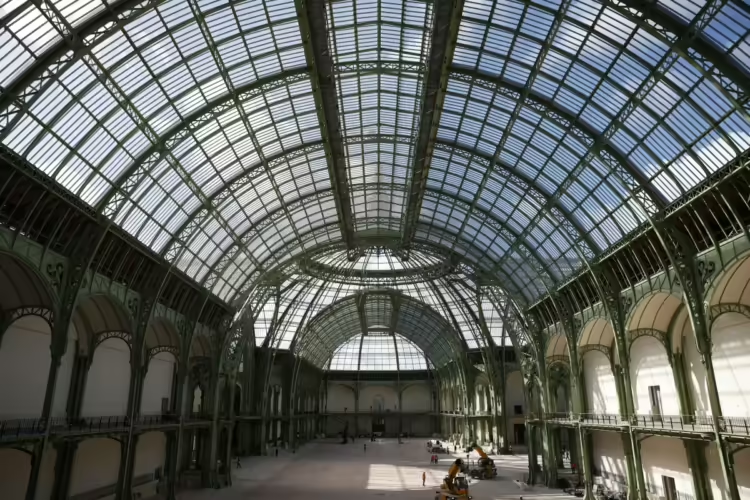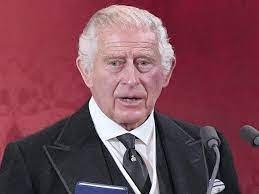France claims the Olympics are relatively inexpensive, despite rising expenditures
The inclusions and exclusions in Olympic cost estimations might result in drastically divergent estimates.

Japan’s national auditors have reported that the cost of the Tokyo Olympics, which were postponed by a year and took place in 2021 during the Covid-19 pandemic, amounted to 12 billion euros, about twice as expensive as the initial bid price.
The fraudulent Rio 2016 organizers projected that the event would cost 11.8 billion euros in total, with infrastructure accounting for almost half of that amount.
London’s 2012 budget is expected to be between 12 and 15 billion euros. According to estimates made by independent experts in 2008, Beijing might have spent up to 40 billion euros at current currency rates. Athens in 2004 cost 13 billion euros, adding to the already debilitating debts of the Greek government.
The Olympic Delivery Company (Solideo), which constructed the facilities, and the Organising Committee for the Olympic Games (Cojo), which oversees the tournament, share expenditure authority for Paris. Both have had problems made worse by inflation that was greater than expected.
Compared to the initial projection of 3.2 billion euros, Cojo is already on track to generate 4.4 billion euros from private sources. Actually, the original budget called for complete financial balance, but that objective has been shelved.
In addition to receiving money of 1.2 billion euros from the International Olympic Committee, Cojo is also generating 1.24 billion euros from sponsors and 1.4 billion euros from ticket sales.
Renting the Stade de France, outfitting the Olympic Village for the competitors, hiring private security officers, purchasing temporary stands, and hiring dancers for the opening ceremony are just a few of Cojo’s expenses.
Cojo increased its budget by 10% by the end of 2022 and attributed it to inflation. By then, the French government and municipal governments had given it an extra 111 million euros in public money, mostly for the Paralympics, which are held after the Olympics.
According to the French Court of Audit, Cojo underestimated its starting budget, a classic Olympic mistake.
A indication of the hard times, Cojo recently requested that the 10-million-euro cost of bus transportation for qualified participants be covered by the regional government. The area declined.
Even a final total expenditure close to 10 billion euros this millennium—the summer Olympics—would be inexpensive.
“These budgets are probably the most scrutinised in the history of the Olympics” as well as “the most restrained (in terms of organisation) in 20 years” , she said.
It will take some time after the final competition to find out the final score.
By the fall of 2025, the Court of Audit is expected to provide a report.
The Cojo’s financial situation is being closely monitored by the French government. To make up for any deficits, the government has guaranteed 3 billion euros.
Amelie Oudea-Castera, the minister of sports, said, “At this time, there is no reason to believe that there will be a deficit.”
Nearly 1.8 billion euros of Solideo’s 4.4 billion euro budget has come from national, regional, and municipal governments. This includes 542 million euros toward the 646 million euros needed to construct the Olympic Village, which will eventually be converted into flats.
No undisclosed expenses
Other legacy items include the recently constructed Olympic aquatics center, which will hold artistic swimming, diving, and water polo competitions, as well as a footbridge that spans the highway and divides the pool from the Stade de France, the site of rugby sevens and athletics.
However, other expenses are unknown, like as the precise cost of security, which includes the 1,900 euro Olympic incentives for police personnel and additional public service bonuses that are promised.
According to financial papers, the public’s contribution to the Olympics reached 2.44 billion euros by 2023 (with 260 million euros coming from the city of Paris and 1.3 billion from the national government).
Recently, Pierre Moscovici, the President of the Court of Audit, revised his estimate of the total public contribution to “three, four, or five billion euros,” stating that the precise amount would not be known until “after the Olympics.”
Castera Oudea disagreed.
She claimed, “There’s no reason why it should be five billion euros,” and added that there was no “budgetary drift” or “hidden costs”.
Additionally, Oudea-Castera said that in contrast to the other S






